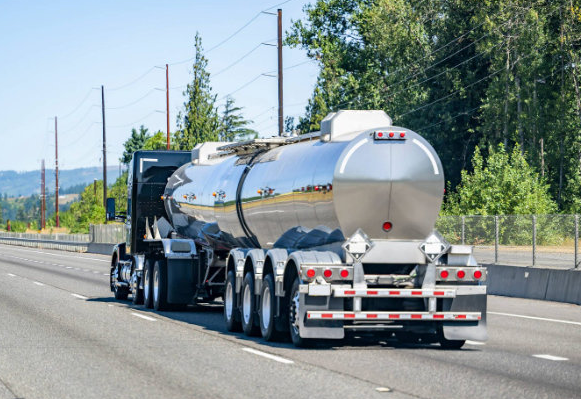Editor's Pick


In the modern business world, the efficiency of logistics and transportation processes plays a critical role in the profitability of companies. Route optimization stands out as a strategy that allows companies to manage their distribution and collection processes more effectively, providing cost savings and operational efficiency. 2. Efficiency in “Last Mile” DeliveriesWith the rapid growth of e-commerce, last mile deliveries have become one of the most critical aspects of logistics processes. Route optimization manages this challenge in the following way: 3. Fleet Management and Optimization of Resource UtilizationFleet management (“fleet management”) enables companies to use their vehicles more efficiently. At this point, route optimization plays a major role: 4. Green Logistics and Sustainability“Green logistics” practices play a critical role in helping companies achieve their sustainability goals. Route optimization contributes to these goals as follows: 5. Artificial Intelligence and Dynamic Route PlanningArtificial intelligence (“AI”) based systems take route optimization to the next level. ResultWhat are the Effects of Route Optimization on the Profitability of Companies?
In this article, we will examine the effects of route optimization on the profitability of companies and detail the benefits of this technology for businesses. Our key concepts are based on critical terms such as “route optimization software,” “last mile,” “fleet management,” “green logistics,” and “artificial intelligence.”
1. Cost Savings in Distribution and Picking ProcessesOne of the main ways for a company to increase its profitability is to reduce operational costs. Route optimization software (“route optimization software”) minimizes fuel consumption by reducing unnecessary distances in companies' distribution and collection operations. This provides the following benefits:
Route optimization not only reduces logistics and distribution costs, but also increases customer satisfaction, reduces environmental impact and improves companies' competitiveness. Supported by technologies such as “route optimization software” and “fleet management”, these approaches take companies' operational efficiency to the next level. By turning to such strategies, it becomes possible for companies to stand out not only in today's business world but also in the business world of the future.





